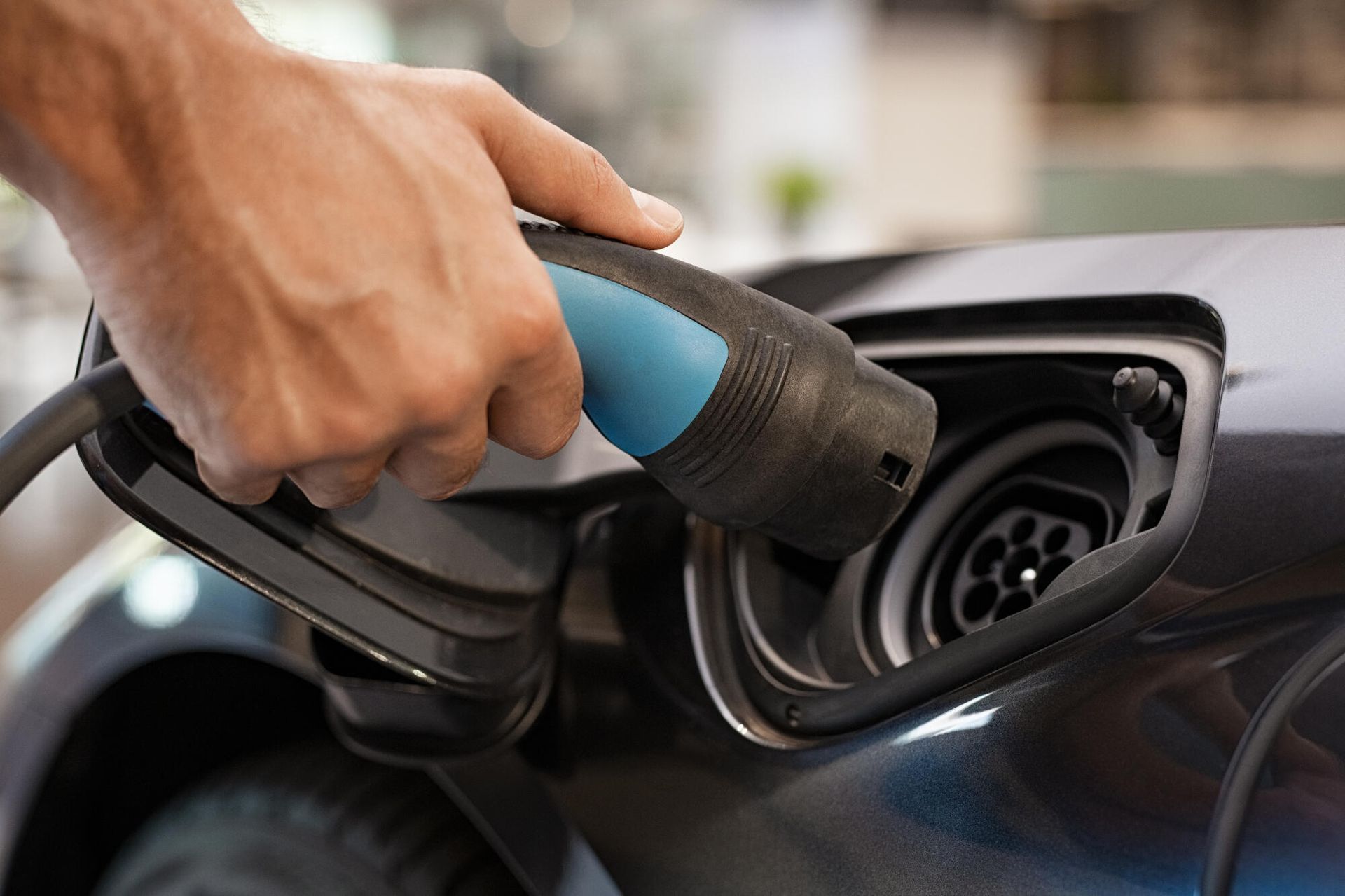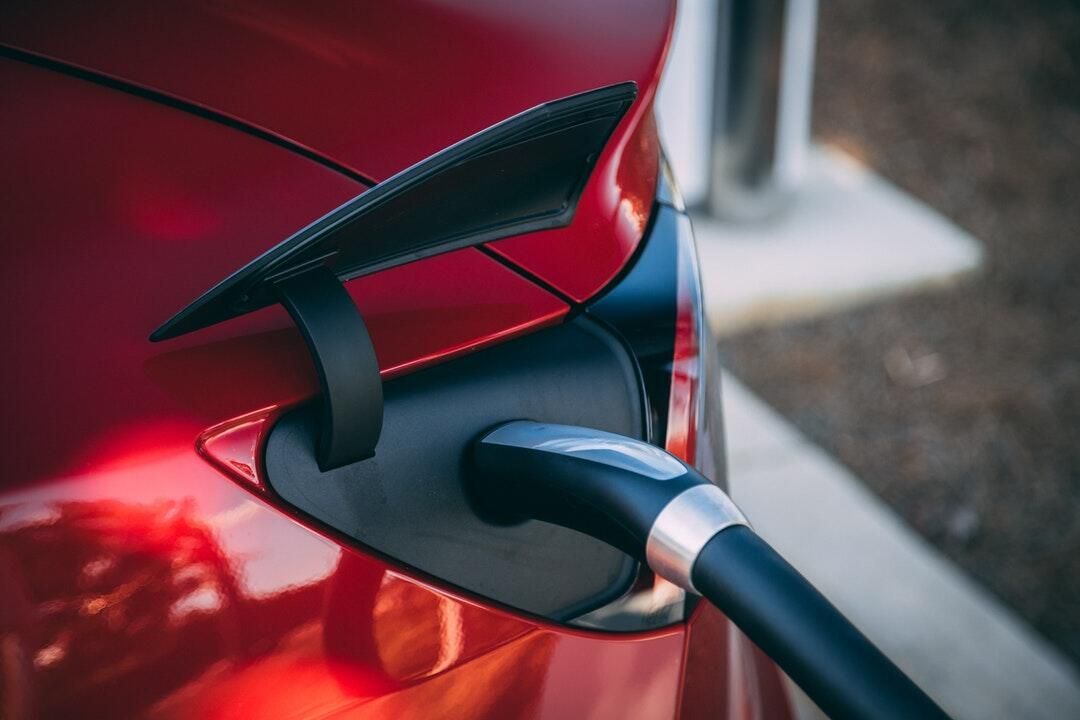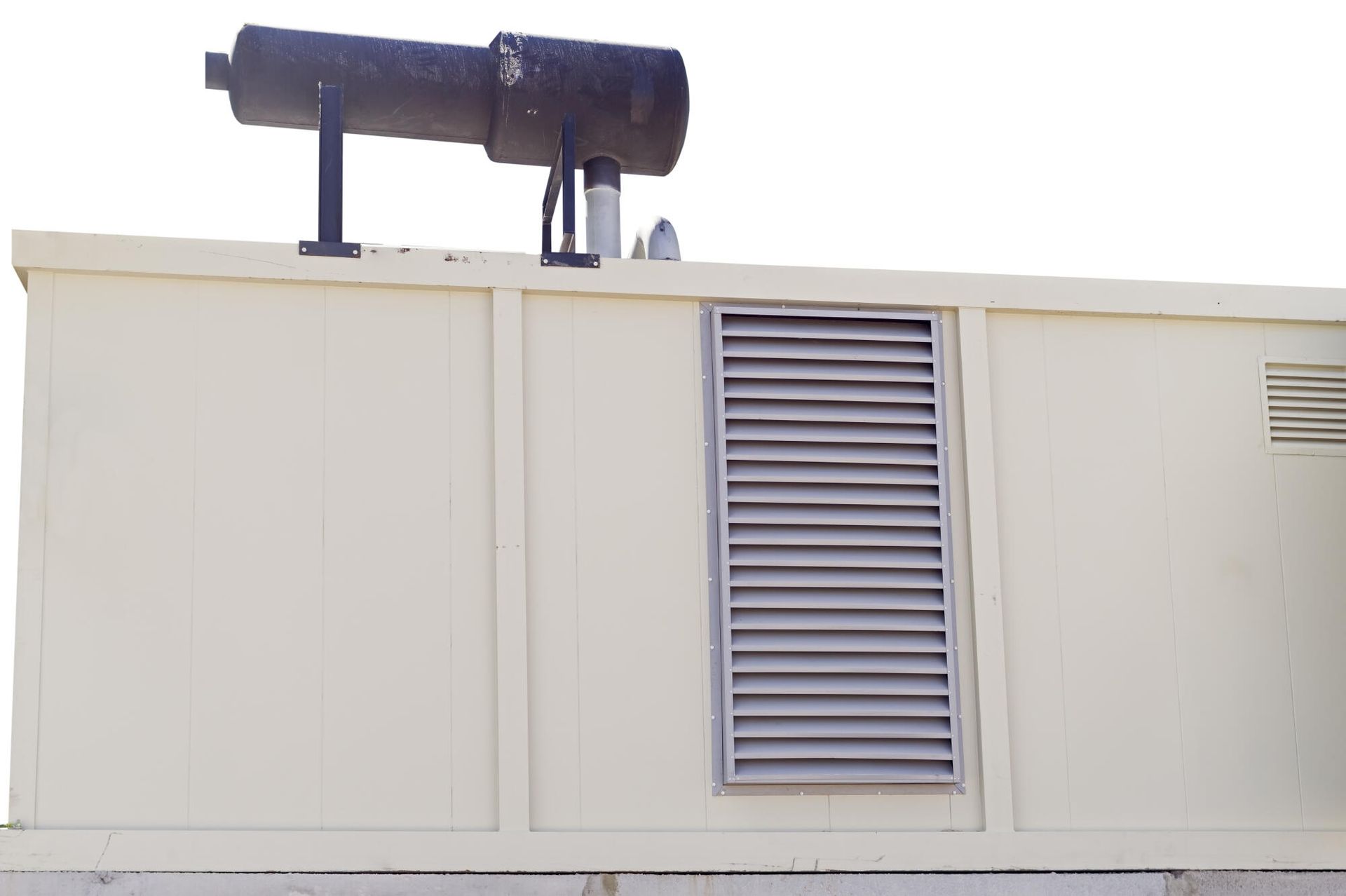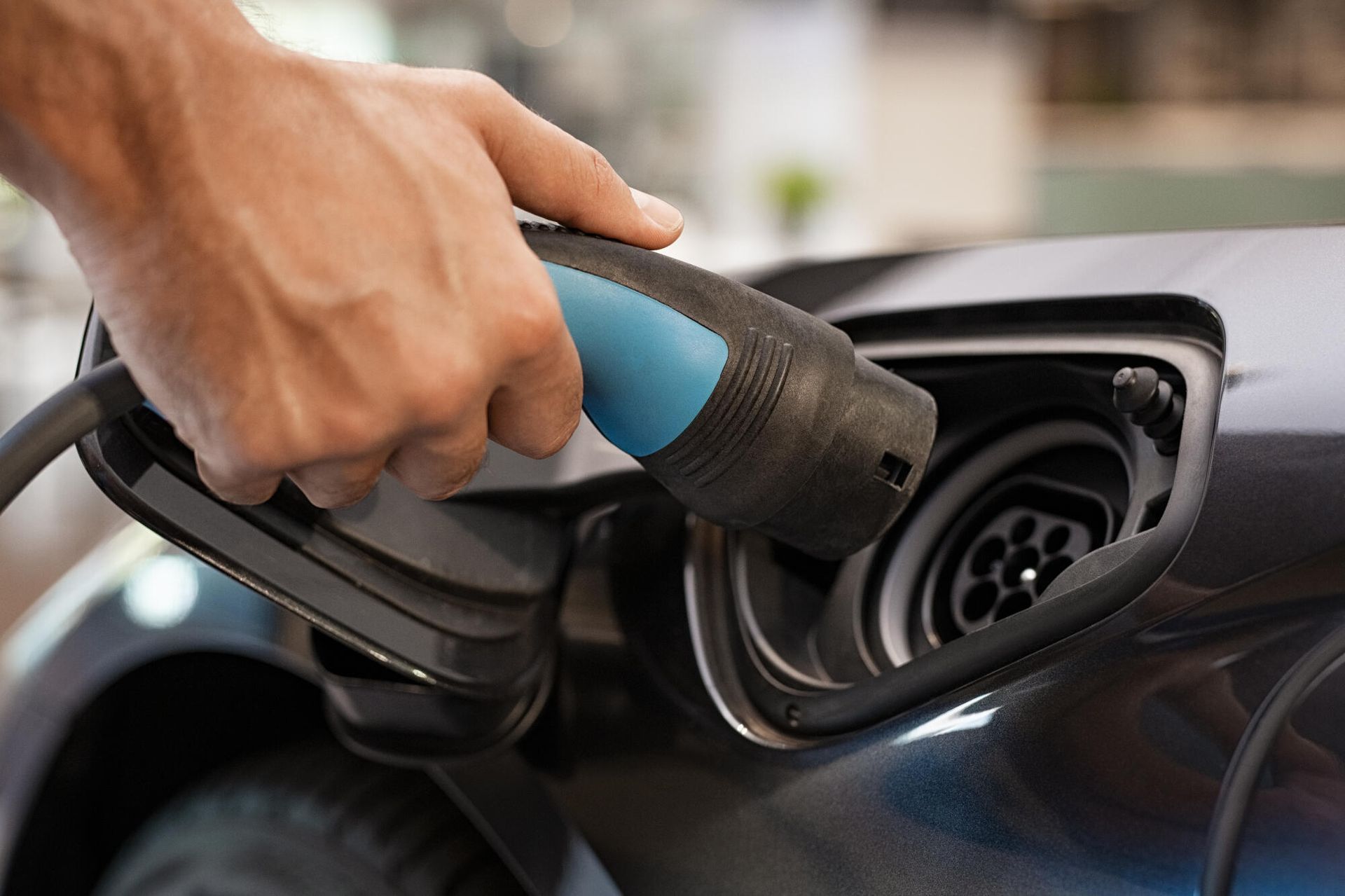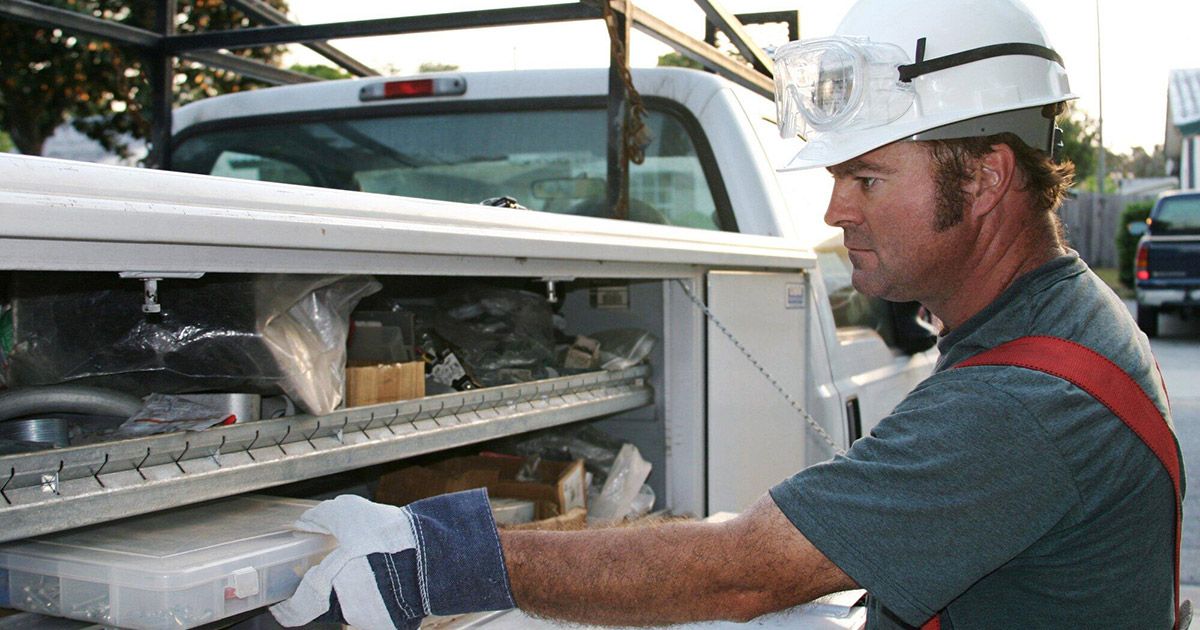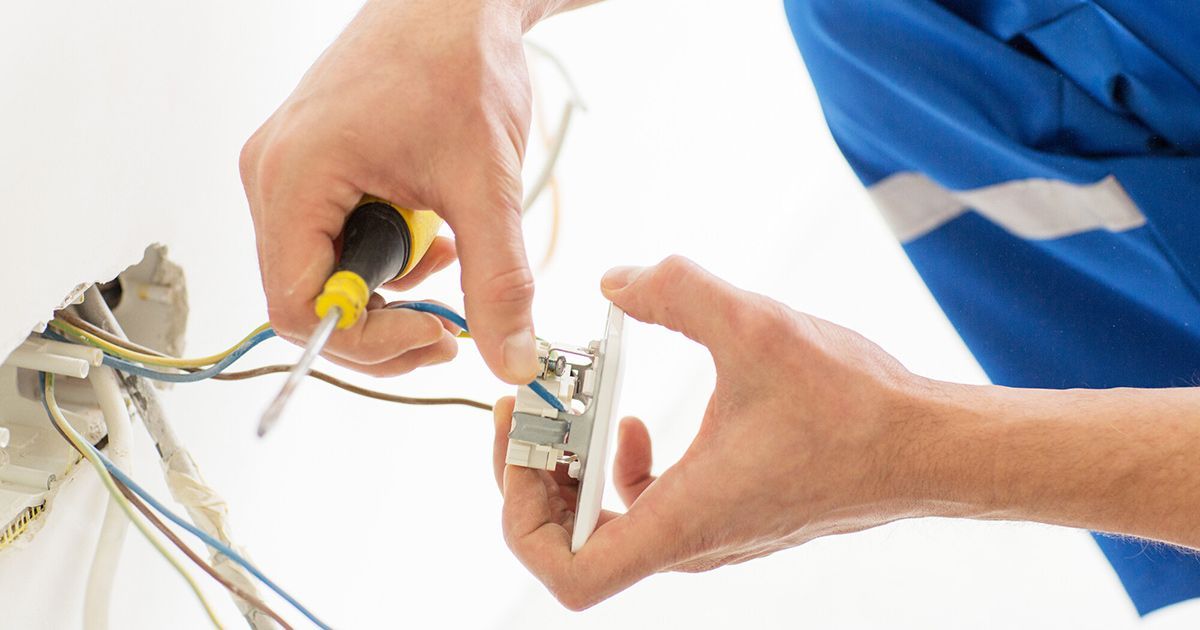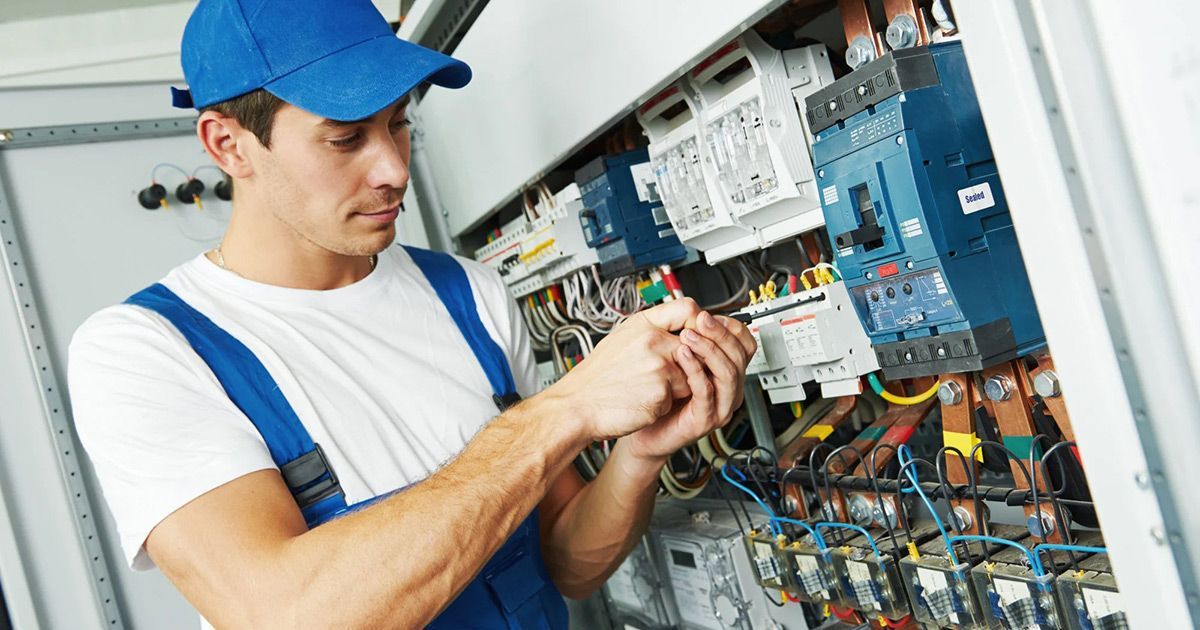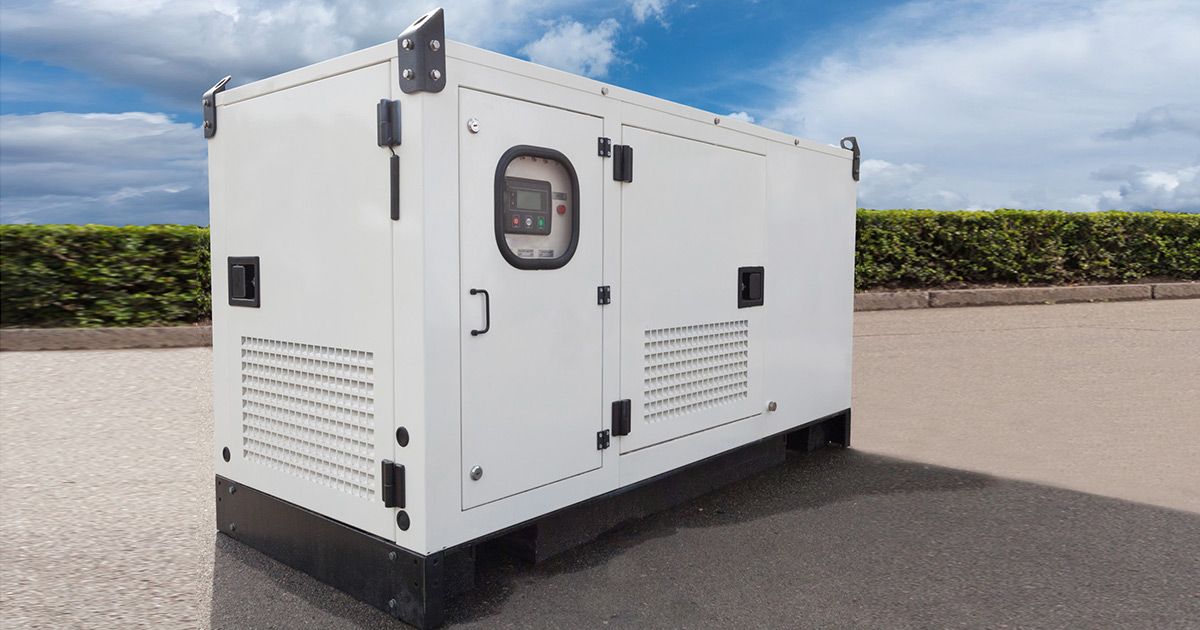Call Us for a Free Estimate Today!
Northern Virginia
NC and SE Virginia
Tesla Car Chargers: Understanding the Different Types and Which One is Right for You
Electric Vehicles (EVs) are taking the world by storm, according to the International Energy Agency (IEA), which reported sales of over three million EVs in the first quarter of 2024. To buy an electric vehicle, it is crucial to understand the different charging options. This knowledge will empower you and make you feel more knowledgeable about your EV purchase.
What is the best home charger for Tesla? At-home chargers can come in various types, one of the most common being a wall connector charger. As more people switch to electric vehicles, exploring different charging options is essential while upgrading your home's power supply.
Learn the EV charging options available on the market and know which ones are right.
How Does EV Charging Work?
EV charging is similar to any electrical device, such as a laptop or phone. You plug the charger into the vehicle and let it power your battery. Electric cars can get power through DC or AC charging.
The direct current charging option is available at Tesla charging stations in public locations. DC charging is faster than home charging, which uses AC power. An at-home EV charger will work slower than a DC charger, meaning your car must be plugged in for longer.
It is important to understand that you may need to upgrade your home's power supply to have the necessary capacity to charge your Tesla. Residential electrical installation work can enhance the speed and efficiency of EV charging, ensuring you are fully prepared for your electric vehicle journey.
At-Home EV Chargers
Almost every electric vehicle has an at-home charger that you can plug into your home. These stations come in varying charging capacities.
Level-1 EV Chargers
The first level is usually the most common EV charging option. The main benefit is that it can work on any charging station, even at home. However, the primary con is that it is a slow charger. This means you may need to plug in your car for the whole night.
A level-1 home charger is ideal because it can work on any 120-volt AC outlet. However, this charger is not recommended due to its inefficiency. However, if you use your EV regularly, such as when commuting to work, then a level-1 charger is the best option.
When considering a Tesla level-1 charger, it is important to remember that it is portable, allowing you to charge it anywhere with a 240-volt outlet. As Tesla home charging solutions continue to evolve, it is crucial to evaluate your house's electrical output to ensure it supports your EV charging needs, empowering you to make informed decisions.
Level-2 Chargers
This level is more efficient but requires at least 240 volts. It is excellent for home installation, and a licensed electrical contractor can ensure your home has enough power to support level-2 chargers.
Working with a professional electrical contractor ensures your home circuit has enough amperage to support EV charging and other electrical appliances.
Level-2 chargers can also be installed at your workplace or other public spaces.Using this charger, you can comfortably charge your Tesla to the maximum capacity in about five hours.
Pros and Cons of At-Home Chargers
The main pros of at-home chargers are the following:
- Easy to use and cost-effective
- It is convenient and has portable connectors
- Longer charging periods protect battery life
The cons of at-home chargers are as follows:
- It is a time-consuming process due to slow charging
- Additional cost for at-home electrical installation
- Not ideal for long-distance trips
DC Chargers
Considering a level-3 charger, the DC EV charger uses direct current to power your car. A DC car charger requires upwards of 480+ volts. Due to the high electrical requirement, DC chargers are not usually found at home compared to portable car chargers.
However, you can find DC chargers along busy highways or public spaces. Level-3 charging, with its impressive speed, can power up your car's battery to up to 80% in just thirty or forty minutes. Manufacturers recommend not using DC charging regularly as it may damage the vehicle's battery.
A DC charger is ideal for long trips. Tesla has also developed unique DC chargers for its cars to facilitate fast charging, but you can also use them if your vehicle is not manufactured by Tesla.
Pros and Cons of DC Chargers
The pros of DC chargers are as follows:
- Fast and efficient charging
- Available in public spaces
- Convenient for long-distance travel
Despite these advantages, using DC chargers comes with a few drawbacks. These include:
- Higher costs
- Speeds up battery deterioration
- Inconvenient for regular use due to longer wait times
With PWC estimating a potential 27 million electric cars on the roads by 2030, the demand for efficient charging solutions is more pressing than ever. As the industry evolves to meet these needs, companies like Tesla are already leading the way with their unique and innovative EV charging options.
Universal Wall Connector
Tesla's universal wall connector can charge any electric vehicle. Each hour of charge gives you up to 44 miles. But you will need to do some installation work to install a universal wall charger in your home.
A licensed and insured contractor can efficiently handle your Tesla charger installation. We provide quality artistry and expertise to ensure your EV charger is up and running quickly.
Wall Connector
A wall connector is ideal for Tesla vehicles only. One of the added benefits of this type of charger is that it is fast. It is also enabled with Wi-Fi as a bonus for Tesla customers.
Tesla automatically updates these charges to ensure they get better.
What Factors Should You Consider When Selecting Your EV Charger
Selecting the best home charger for Tesla requires that you factor in the following:
- Distance covered by the vehicle
- Charging needs of your car
- Compatibility of the car with different chargers
It would help if you also considered your home's electrical setup and whether you can install a charger. Talk to an experienced contractor who can help you install home charging solutions.
Get the Best Home Charger for Tesla Today
Investing in a Tesla is a smart move in today's world. Not only is it eco-friendly, but it also saves you a significant amount by eliminating the daily expense of purchasing gas. However, you will need to find a suitable charging solution for your car.
Talk to an electrical contractor to learn the installation needs for the best home charger for Tesla. As expert electricians, we offer flexible payment options while relying on our expertise and experience to optimize your electric car charger. Check out our website for more details about the services we offer.
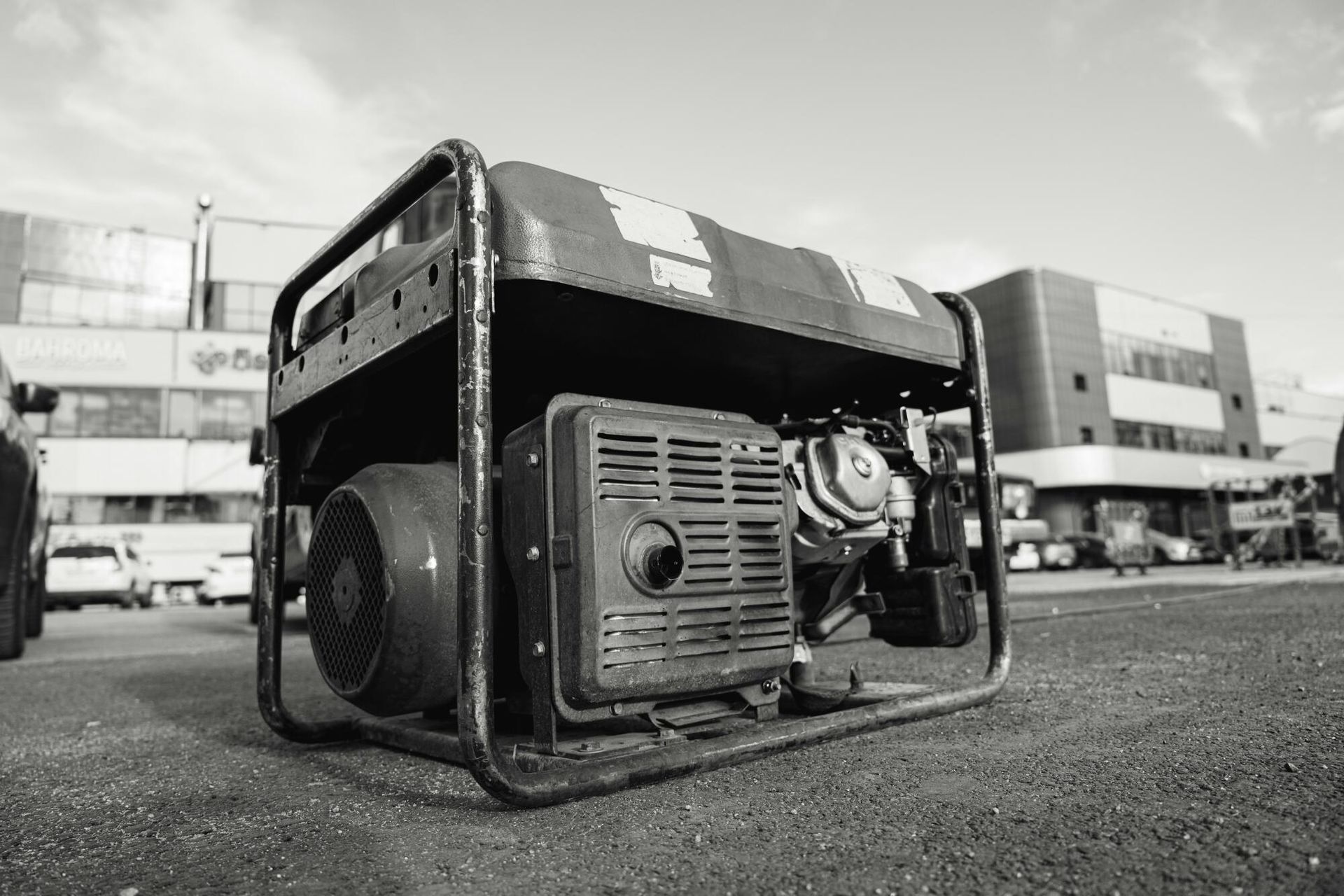
Website designed and maintained by Xpress, INC
All Rights Reserved | Vancelectric, LLC

